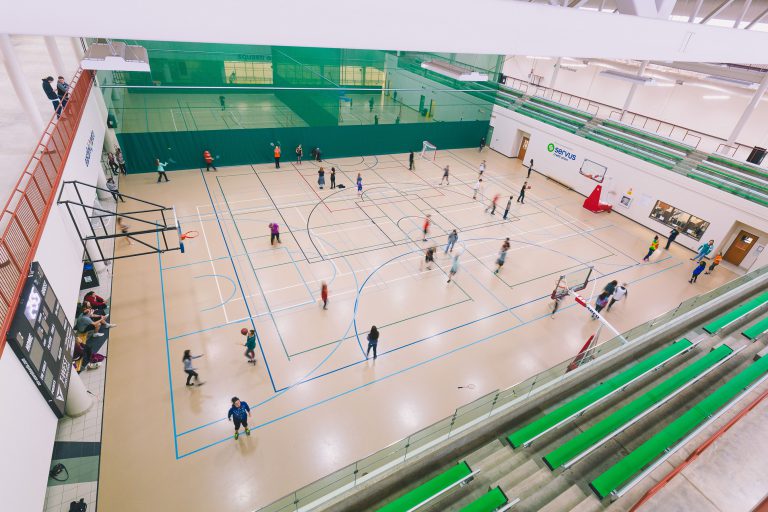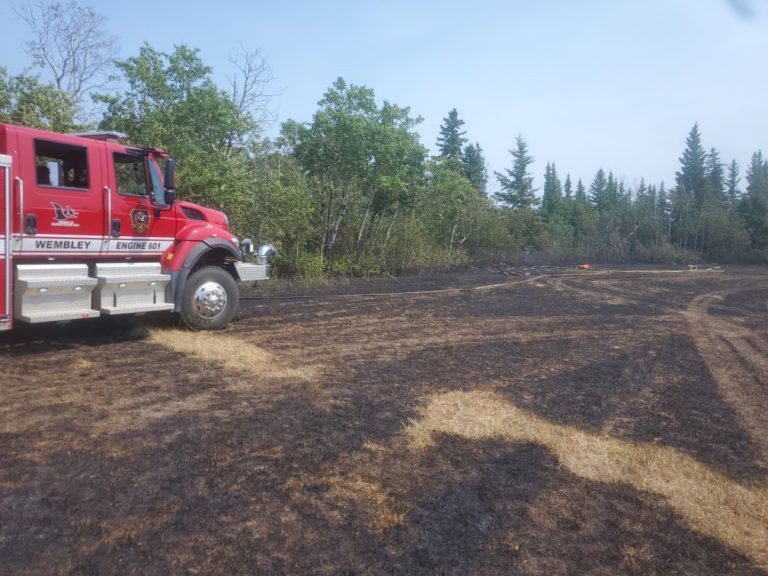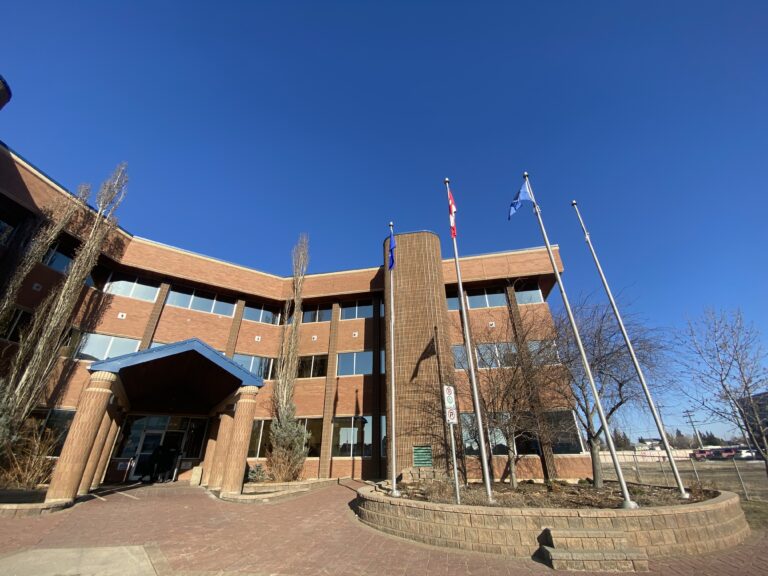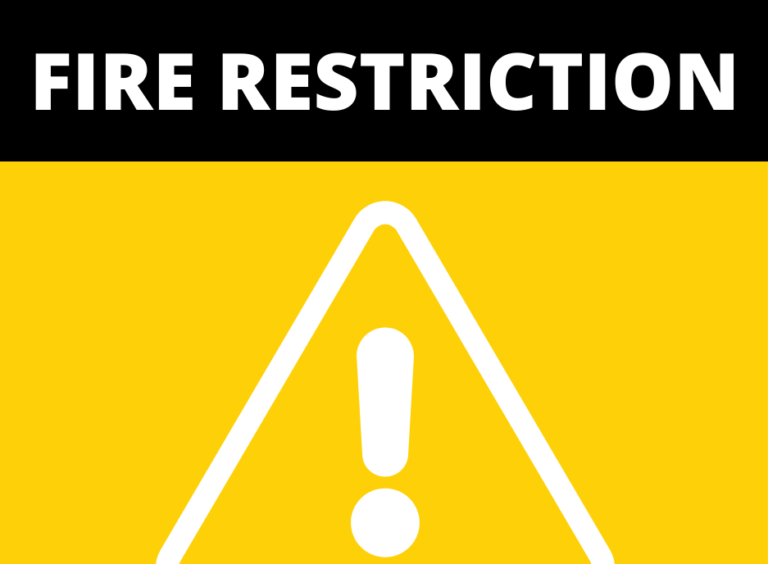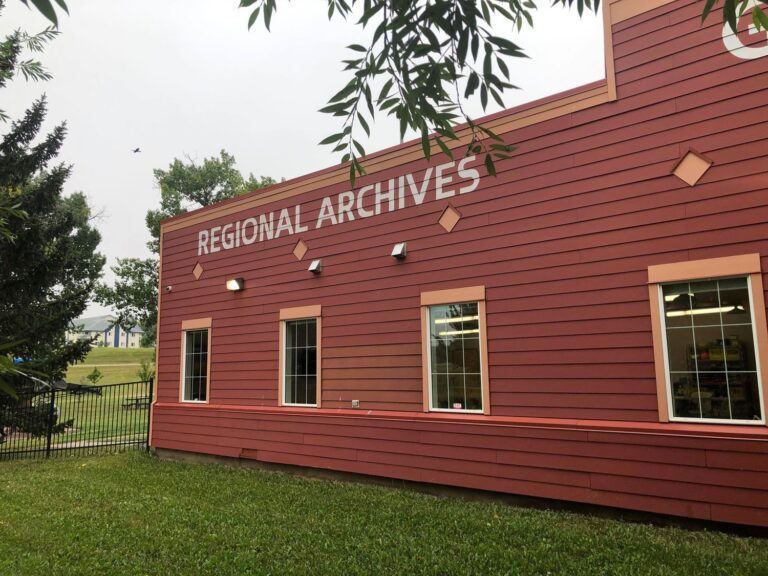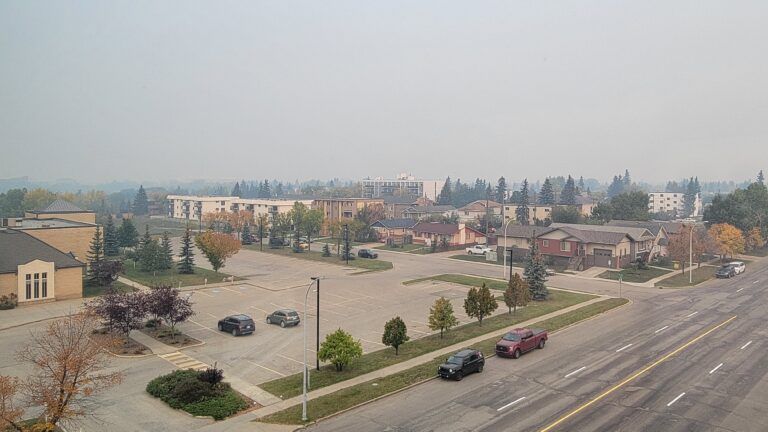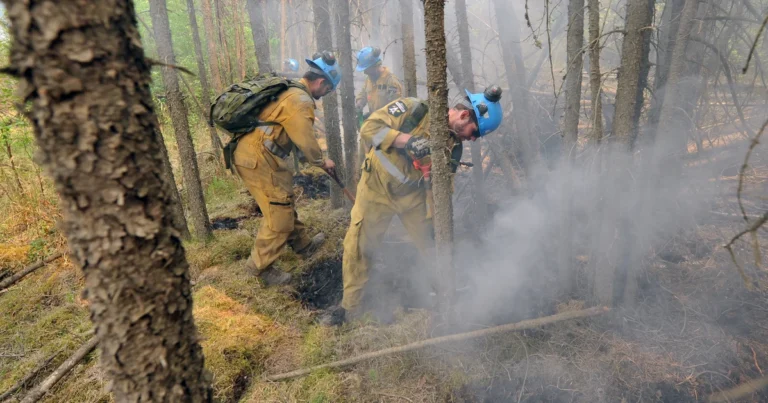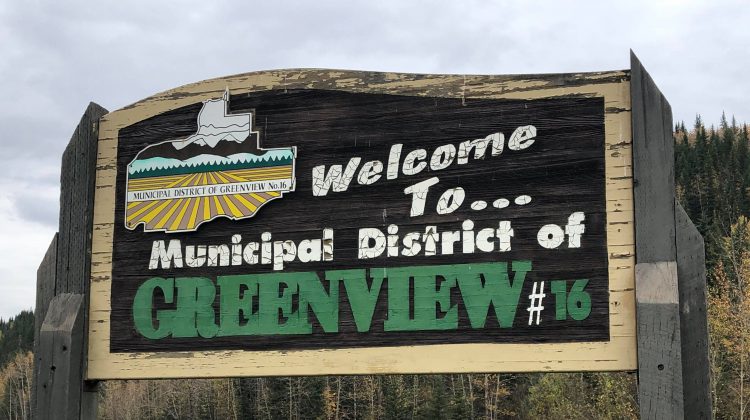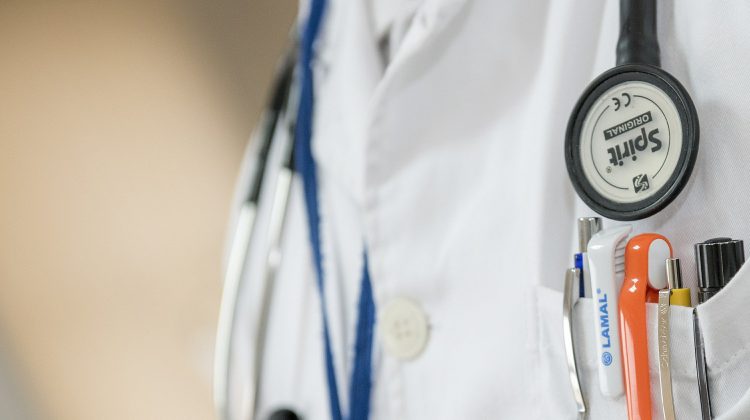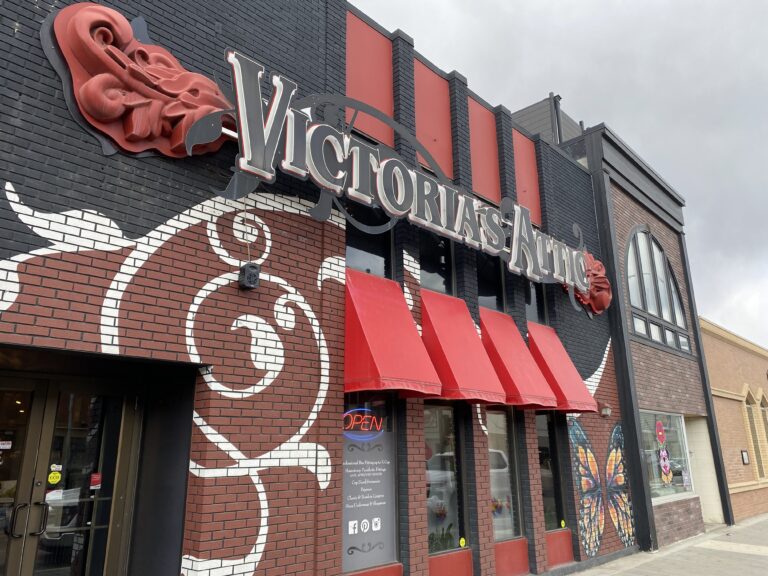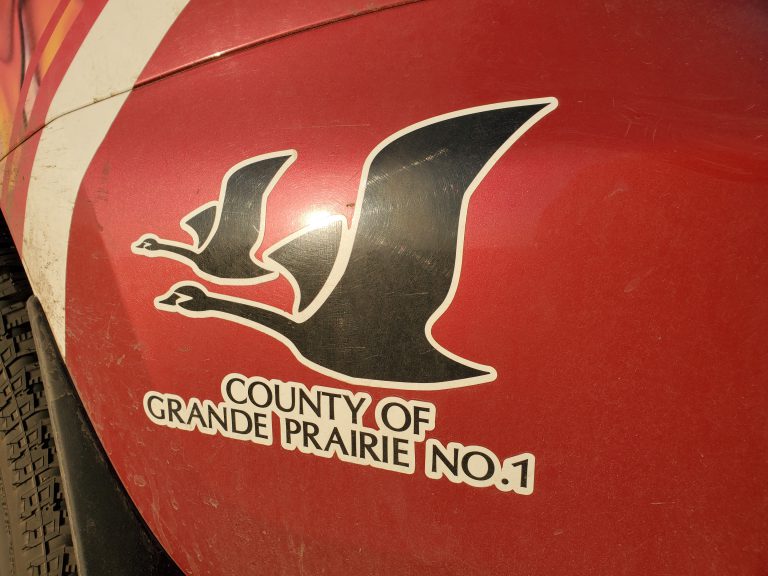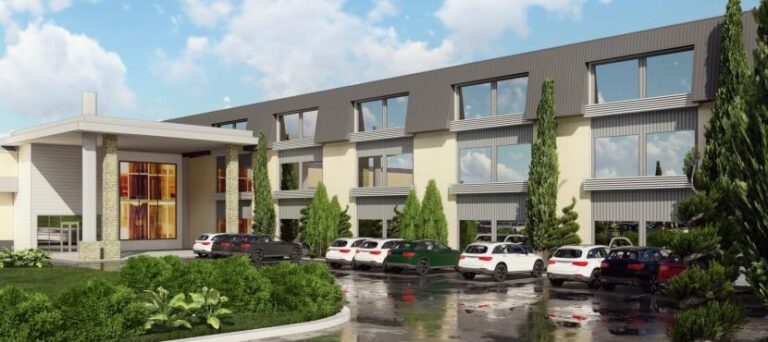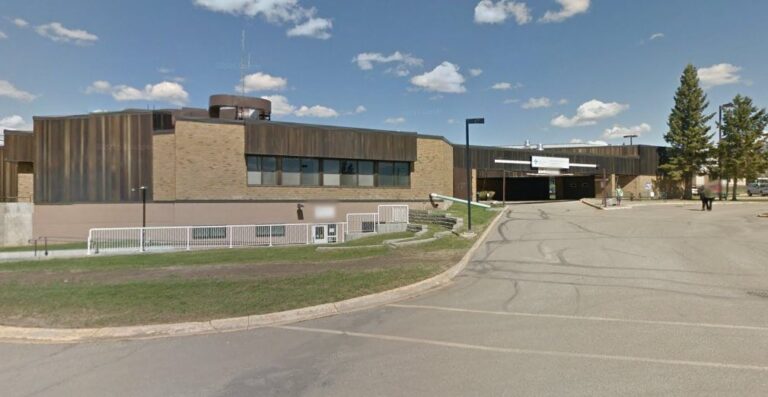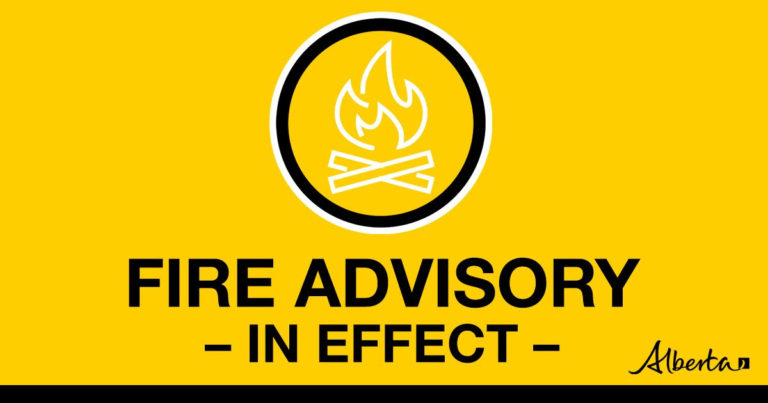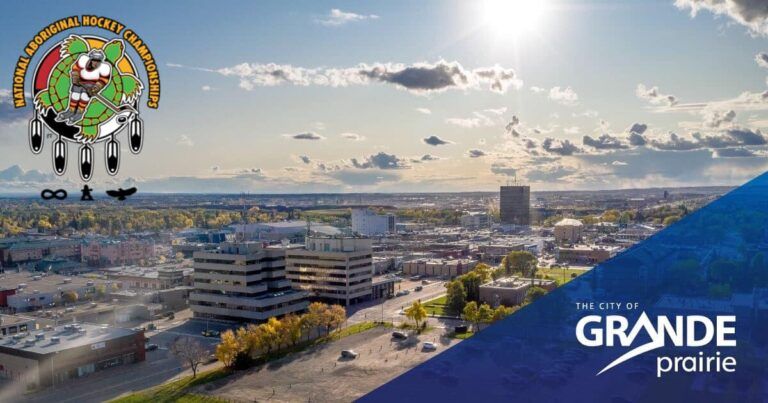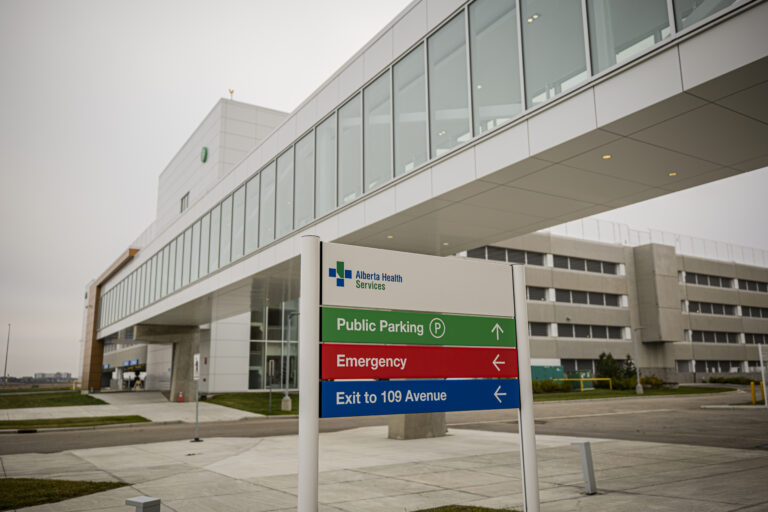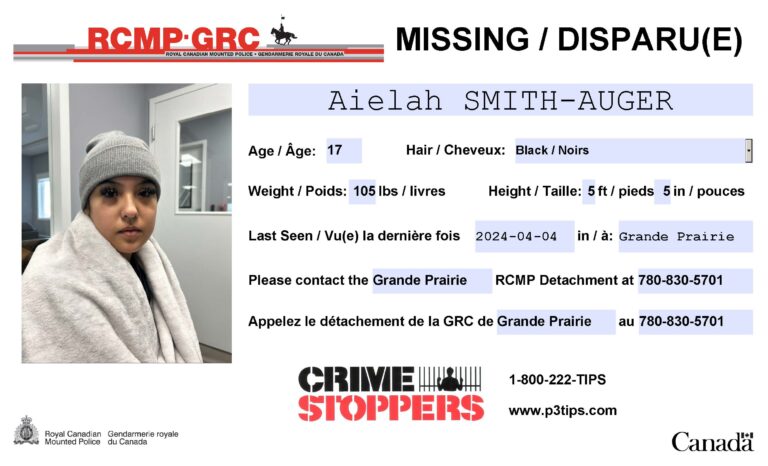The last week of April marks the National Organ and Tissue Donation Week across Canada, and one Grande Prairie resident says the campaign is significant for not only the thousands of Canadians on the wait list for organ donations, but her family as well.
Natasha Hunt is a Grande Prairie resident who lost her father years ago, and she says organ donation was never a topic of discussion in her family. Hunt, who lived in Calgary at the time, describes a “regular day” for her family on the day of the incident.
“He battled migraines a lot as an adult so he did his routine thing, went to the ER to have an injection for pain because it just doesn’t go away with anything else,” she says. “He started to feel worse and told my mom that he was going to go back to the ER because something didn’t feel right.”
Doctors determined Hunt’s father was having a brain bleed and was subsequently brought to Peter Lougheed Hospital in Calgary. Hunt says the lead-up to the following events was “frantic” for everyone involved.
“At this point we didn’t know anything, me, my mom, my sister, nobody knew anything, then I got a call around 3:30 that day and it was my mom in her car driving and she was a little bit frantic and I asked her what’s going on.”
Hunt describes a “stark” feeling hanging in the air upon entering her father’s room at the hospital when she saw her Dad lying unconscious in a bed, hooked up to various life support machines.
“We walked in and I thought they were keeping him sedated,” she says. “They let me know that he was fully unconscious and they told me that his pupils were dilated and fixed, I used to be an EMT so I knew that generally, that means the brain stem is done, which controls things like respiratory and basic things that keep someone alive.”
“When I heard that I knew…”
A “complete state of shock” followed when the news arrived that Hunt’s father had passed away and after taking a moment to process what just happened moments ago, Hunt says the doctor asked a question that never occurred to the family before.
“The doctor walked into the quiet room and told my mom that her husband is legally and clinically dead,” she says. “He told her even if he were to wake up, he would never be the man she knew him to be, and at that point he let us know about the HOPE program.”
The AHS Human Organ Procurement and Exchange program seeks to streamline the organ donation process for families and loved ones who have passed, and ensures organs are harvested and donated in a timely manner to stay viable for patients.
“He let us know that we could donate Dad’s tissues and organs and stuff like that if we wanted to, [and] they explained that it was completely up to us, there was no pressure, and we didn’t feel pressure at all that we had to donate, it was totally up to us, and that was something my parents had never discussed while they were both alive,” she says. “It’s not something I ever thought much about in my own life and even my relatives, everybody was kind of like- organ donation… hmm.”
Hunt says the decision took very little discussion between her and her family, and describes the process as a “judgment-free” one.
“You could say yes or you could say no but there is kind of a limited window of getting those organs harvested, packed, and flown across the country to wherever they might be going,” she says. “My mom looked at me and my sister and was like- yes? And we said absolutely, we just said yes right away, we knew that if we could help other people why wouldn’t we.”
From that moment on, Hunt has urged families in her community to talk about organ donation, and while it might be uncomfortable for many to grapple with, she says the process is worth it, as it could save a life.
“This doctor and woman from the HOPE program didn’t ask for a driver’s license, they didn’t say hey what was your husband’s wishes in regards to organ and tissue donation, they didn’t look on any kind of registry, they came to us, the family, and that’s who made the choice,” she says. “The biggest thing people need to understand is they’ve got to let people know their wishes, it’s really important to discuss with your family because these guys don’t have time to look up on a registry or look for a driver’s license for that approval, it’s such a limited window to get these organs out and sent off ASAP.”
Ultimately, Hunt says she views the choice to donate her father’s organs as a “gift” for those receiving a donation. She recalls that several months after the passing of her father, her family received letters of gratitude from the patients who received her father’s organs.
“About six to eight months after we went through all of that, we got letters, we got letters from the heart recipient, and we got a letter from the lung recipient, thanking us for our generosity, we don’t even know who these people are, it was all through the HOPE program, they didn’t know us and we didn’t know them, it was completely anonymous,” she says. “Giving that gift, there are so many people in our country waiting on organs and tissues, my dad’s corneas gave two people sight again so they could see, if you have the opportunity, do it, my dad’s organs saved five people’s lives, knowing that pieces of him are still alive out there, that’s amazing.”
“We have never regretted that decision ever.”
Additionally, Hunt describes organ donation as a gift to the family of the deceased as well. She says with all of the proceedings that follow the death of a loved one, having the topic of organ donation squared away simply lifts another weight off of the family unit.
“It’s a gift to your family as well, it takes the pressure off, they’ve got enough to deal with when you pass, funeral expenses, dealing with properties, there’s so much that goes into when someone passes, this is one thing you can take a weight off of their shoulders.”
Interested residents can register their donation wishes online through the Alberta Health Services website, but Hunt says the most important step to take is to begin the discussion with family.



